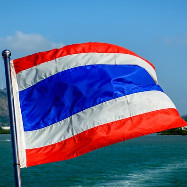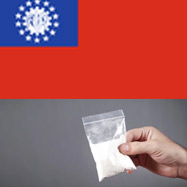From Looks to Action: Thailand-India Strategic Convergence and Defence Cooperation
After 67 years of diplomatic relations and two decades of collaboration in connecting India with Southeast Asia in January of 2012, Thailand and India finally signed a Memorandum of Understanding (MoU) on Defence Cooperation. This effort to deepen defence and military ties between the two countries emerged relatively late when compared with those between India and most other Southeast Asian countries.









